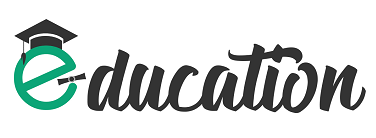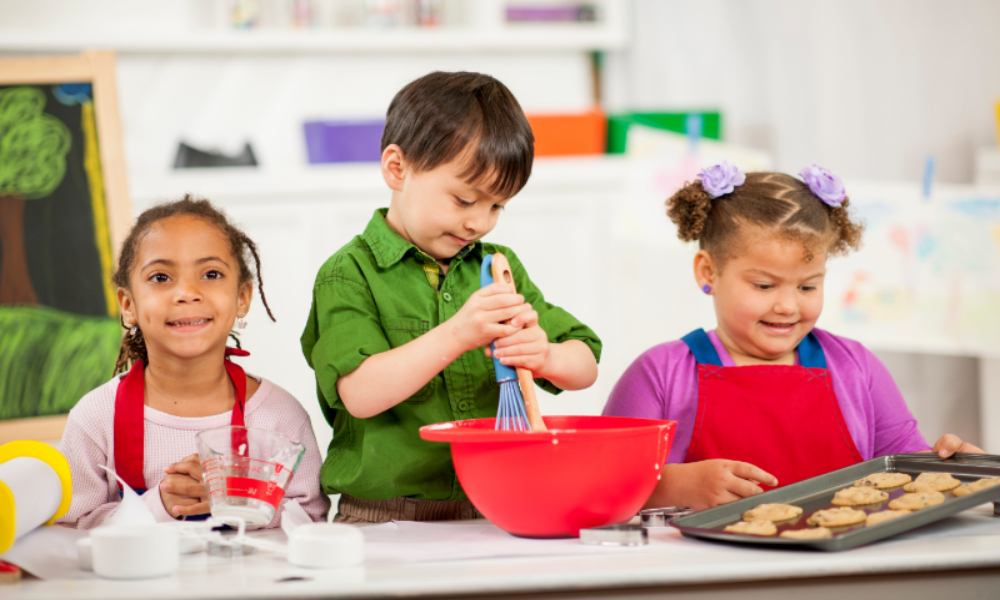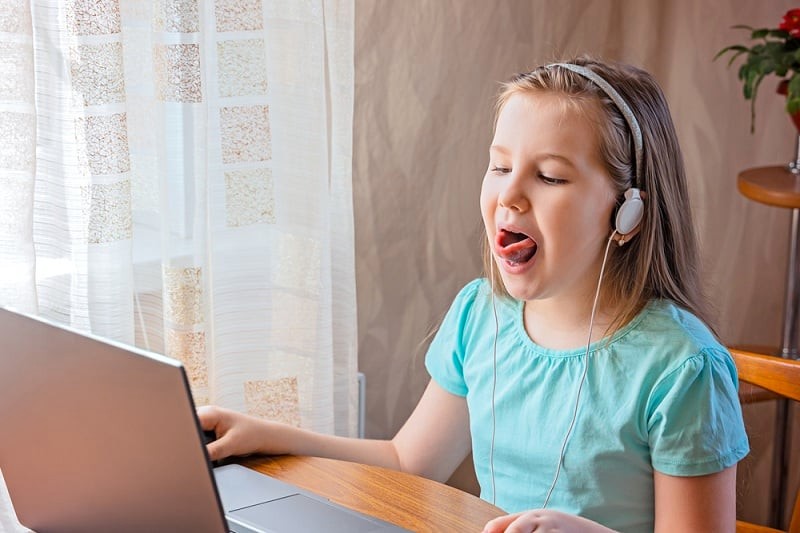The Reggio Emilia approach has gained global recognition for its unique child-centred philosophy. Originating in Italy, this educational model emphasises self-directed learning, encouraging children to explore their world in a nurturing environment. Singapore’s private preschools have increasingly integrated this global methodology into their teaching frameworks, aligning it with local educational standards. Here’s how private preschools in Singapore incorporate the Reggio Emilia approach to foster a holistic learning experience.
1. Child-Centred Learning Environments
Private preschools in Singapore that follow the Reggio Emilia approach focus on creating environments that encourage child-centred learning. Classrooms are spaces where children can explore and engage with various materials, allowing them to take charge of their learning journey. The belief that children are competent, curious individuals drives the design of these environments. Teachers in a Reggio Emilia preschool in Singapore act as guides, facilitating rather than dictating the learning process. This child-centric approach contrasts with traditional teaching methods where educators dominate the learning experience.
2. The Role of Teachers as Co-Learners
Incorporating the Reggio Emilia philosophy, private preschools in Singapore emphasise the teacher’s role not as an authoritative figure but as a co-learner alongside the child. Educators observe and document the child’s interactions with their surroundings, offering prompts that encourage further exploration. This reflective practice helps teachers understand the child’s thought processes and tailor their guidance to meet individual needs. By adopting the role of a co-learner, teachers in these childcare schools in Singapore can foster a deeper connection with their students, promoting collaborative discovery.
3. Project-Based Learning to Encourage Exploration
Another core aspect of the Reggio Emilia approach is project-based learning. Private preschools in Singapore implement this through long-term projects that stem from the children’s interests. Rather than rigid curriculums, children are encouraged to explore topics of interest in-depth. Projects may vary in length and complexity, but they all aim to promote exploration, creativity, and critical thinking. Whether building structures with blocks or exploring nature, these projects foster curiosity, allowing children in these preschools to develop a deeper understanding of the world around them.
4. Collaborative Learning with Peers and the Community
Collaboration is a crucial feature of the Reggio Emilia approach, and private preschools in Singapore have adapted this through group learning activities. Children work together on projects, sharing ideas and learning from one another. This fosters a sense of community and social responsibility at an early age. Furthermore, these preschools extend learning beyond the classroom, integrating local communities into the learning process. Field trips, guest speakers, and community projects contribute to a child’s holistic development, enhancing their understanding of the wider world.
5. Documentation as a Learning Tool
Reggio Emilia preschools in Singapore emphasise documentation as part of the learning process. Educators meticulously document children’s progress, thoughts, and activities, creating visual records that reflect the child’s journey. This could include photographs, written observations, and the child’s work samples. Such documentation is not just for assessment; it is a reflection tool for children and teachers. Children can revisit their work, reflect on their learning experiences, and build upon them. It also allows teachers to plan future activities that resonate with the child’s current interests and developmental stage.
6. Encouraging Creative Expression
Creative expression plays a central role in the Reggio Emilia approach, and private preschools in Singapore embrace this by offering diverse opportunities for children to engage in artistic activities. Children are encouraged to express their ideas in multiple ways, from drawing and painting to music and drama. This aligns with Reggio Emilia’s belief that children use “a hundred languages” to communicate their thoughts and feelings. Private preschools foster emotional intelligence and help children develop critical thinking skills through art and creativity by encouraging various forms of creative expression.
7. Parent Engagement as Partners in Education
The Reggio Emilia philosophy emphasises the importance of parents as active partners in the educational process. Private preschools in Singapore engage parents through regular communication, encouraging them to participate in their child’s learning journey. Schools frequently hold meetings, exhibitions, and events where parents can view their child’s progress and provide input. This collaborative relationship between teachers, parents, and children enhances the learning experience. It ensures that the educational approach is consistent at home and in the classroom.
8. Embracing Multiculturalism within a Global Context
As Singapore is a multicultural society, private preschools that incorporate the Reggio Emilia approach adapt it to reflect the diversity of the children. Global preschools in Singapore weave cultural elements into the curriculum, allowing children to learn about different traditions, languages, and perspectives. This international outlook enriches the Reggio Emilia methodology by helping children appreciate diversity early on. The integration of local culture with a global perspective ensures that children are not only grounded in their immediate environment but are also prepared to become global citizens.
Conclusion
Incorporating the Reggio Emilia approach, private preschools in Singapore provide a nurturing environment that supports self-directed learning, creativity, and collaboration. By adopting this global educational philosophy, these preschools ensure that children receive a well-rounded education that prepares them for future challenges.
For more information, contact Odyssey – The Global Preschool today.


